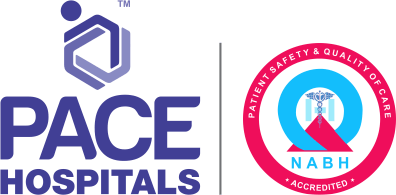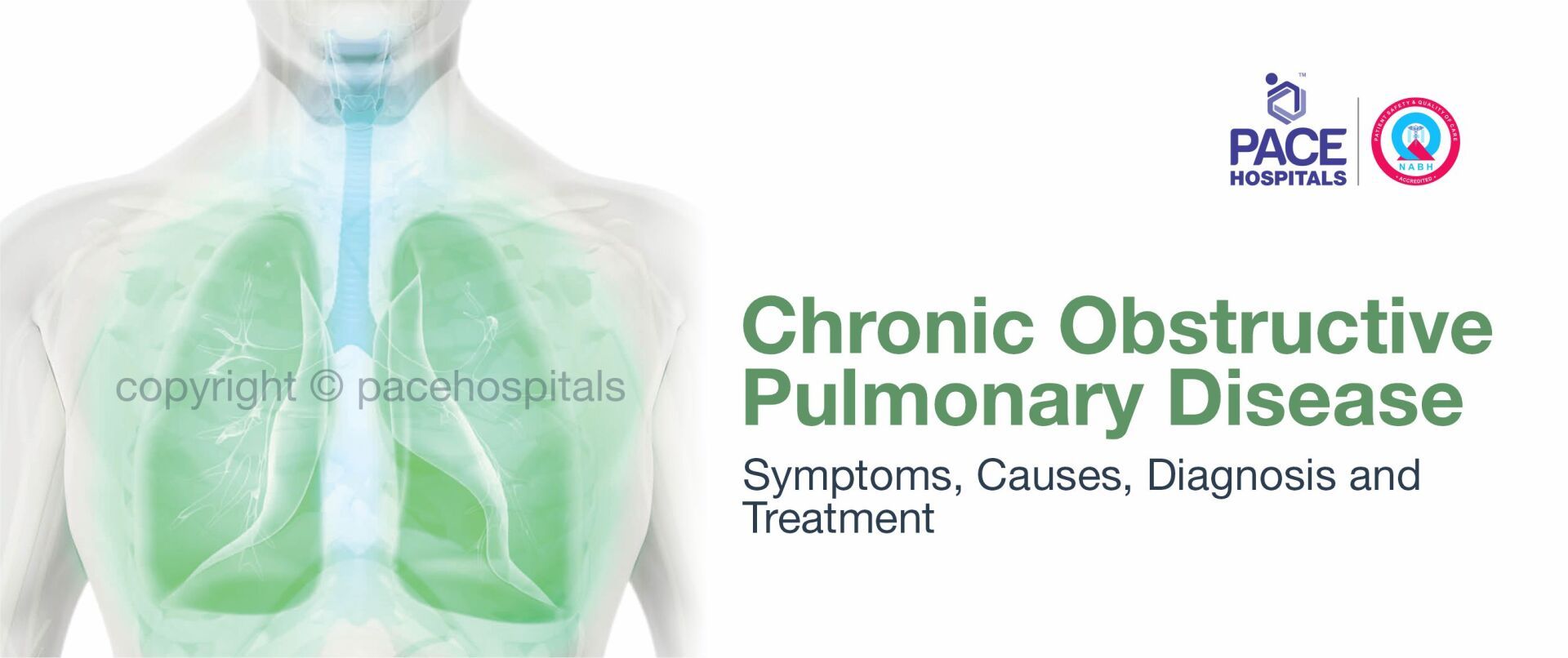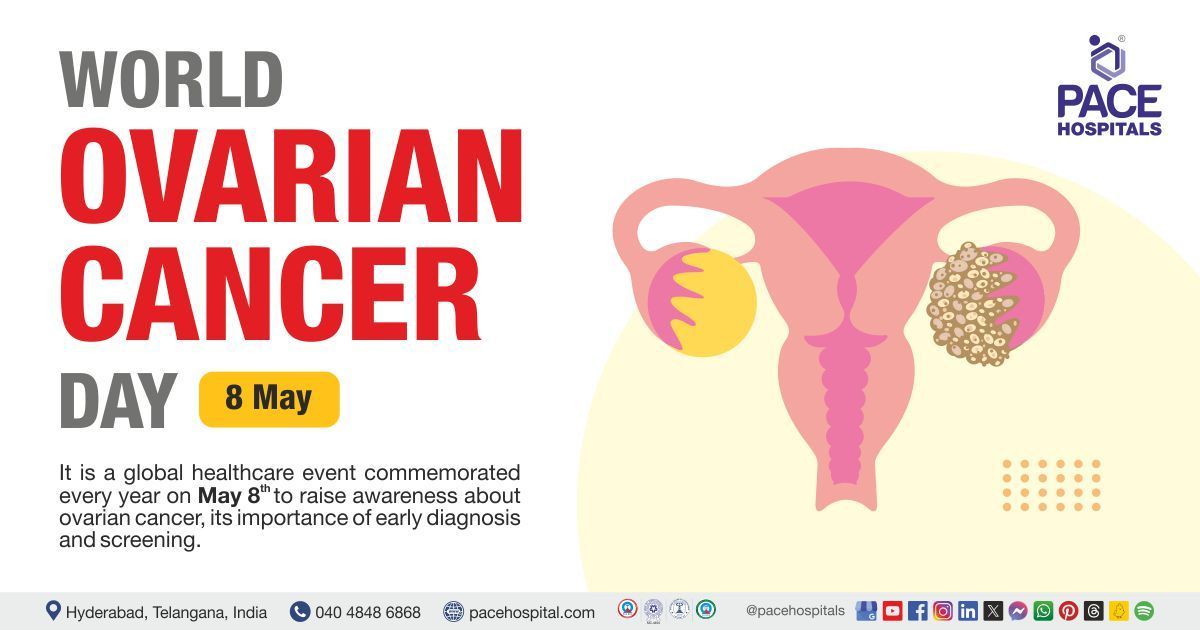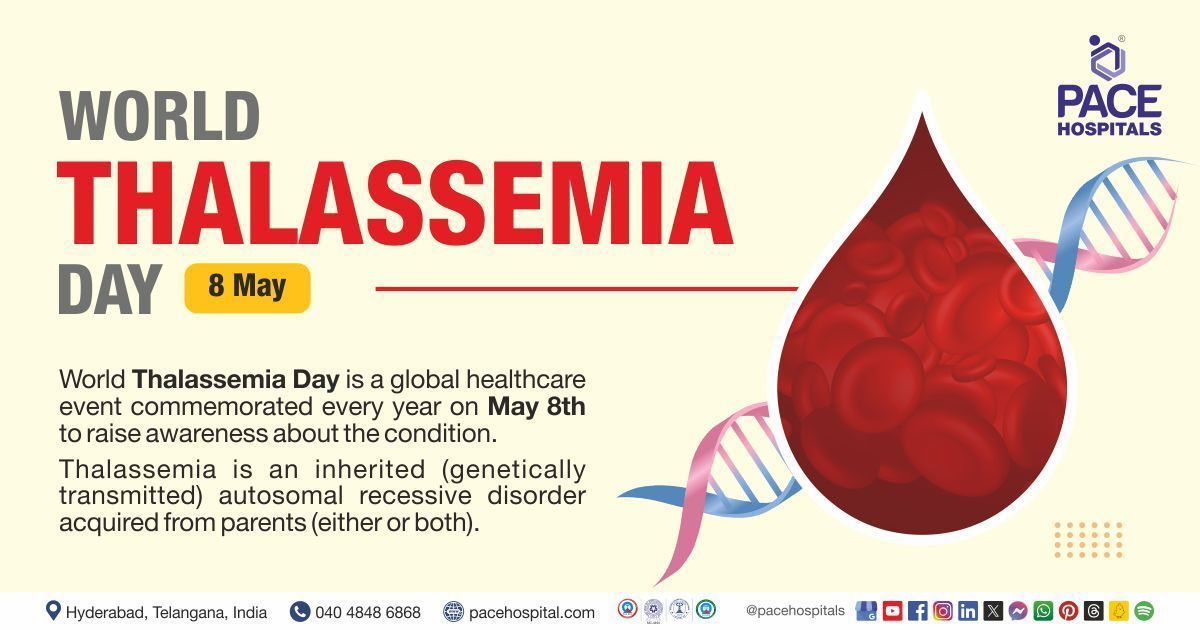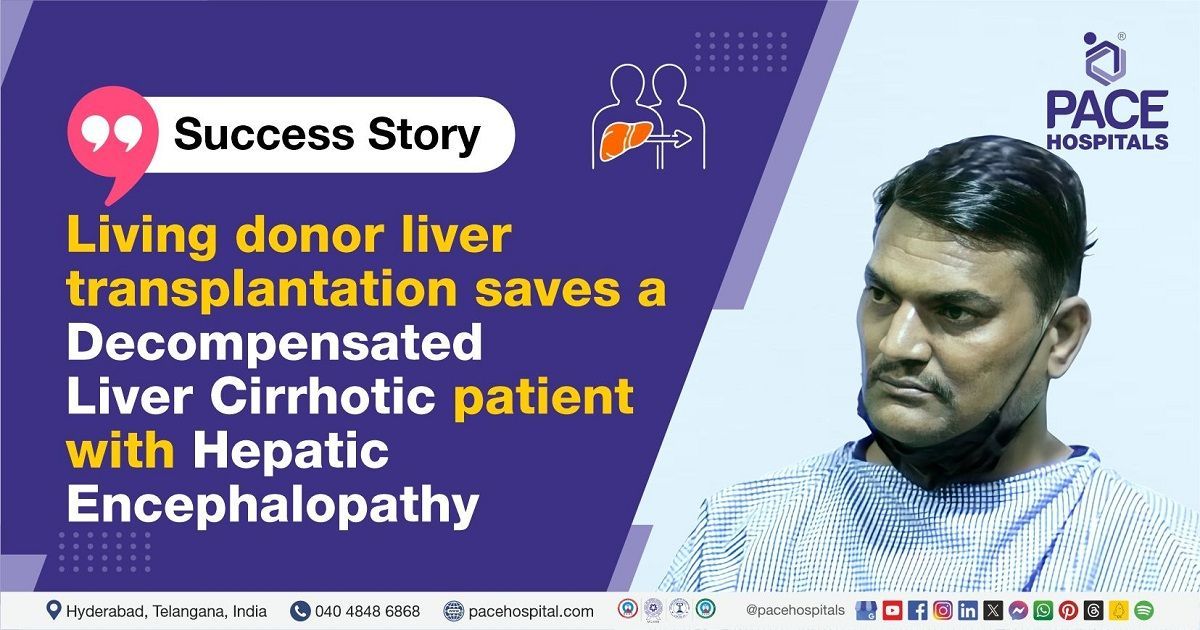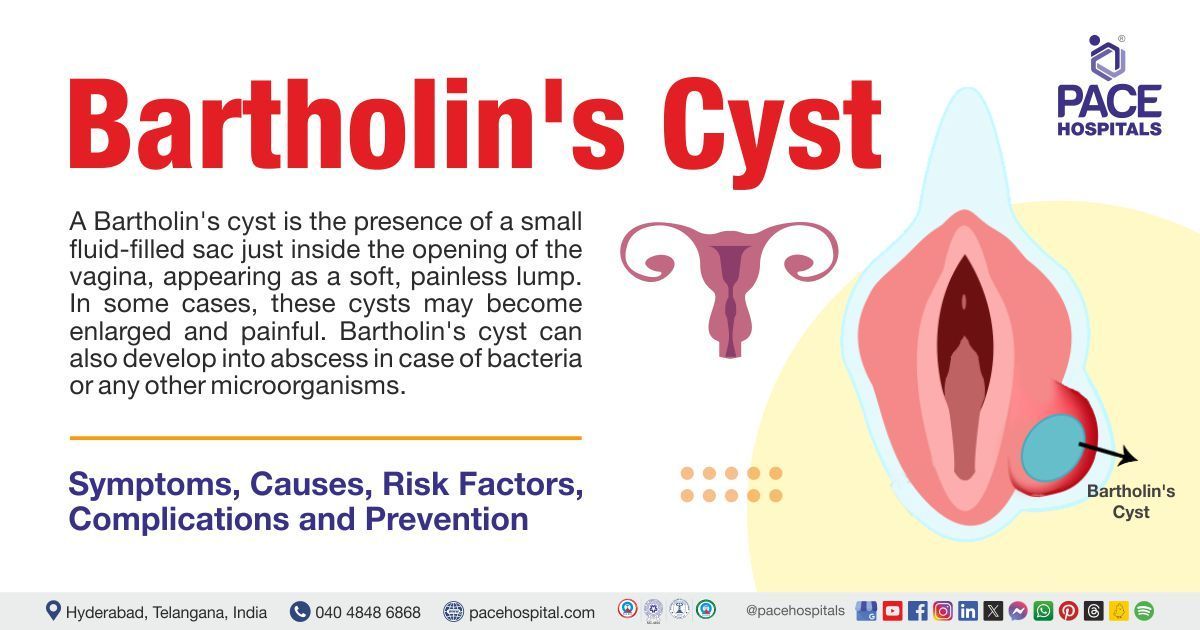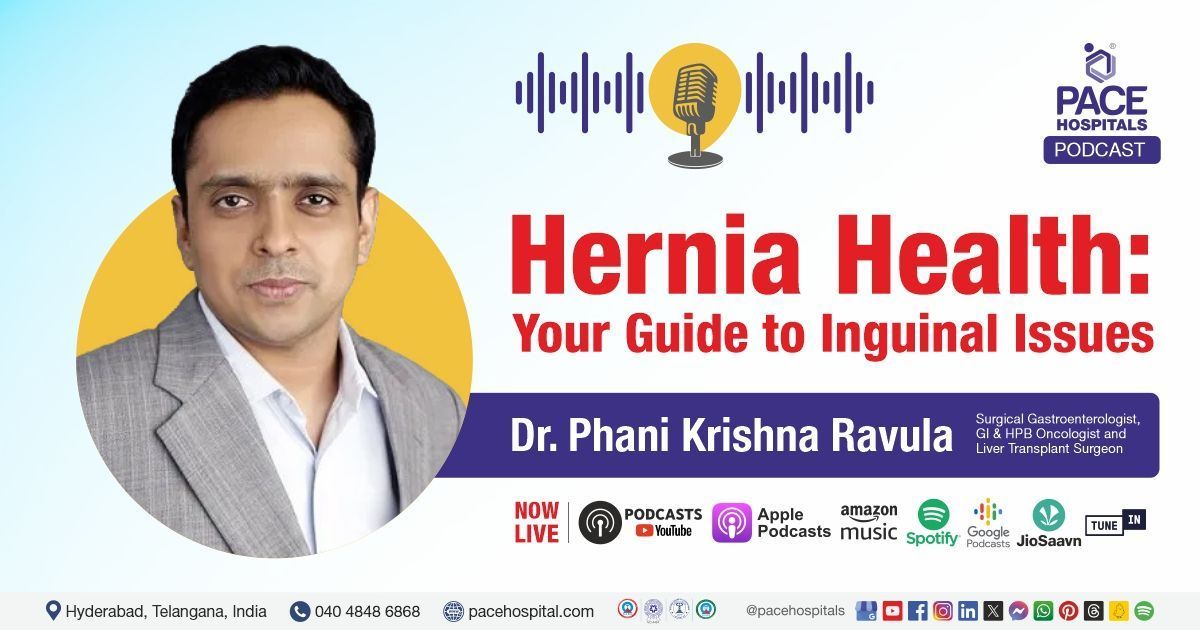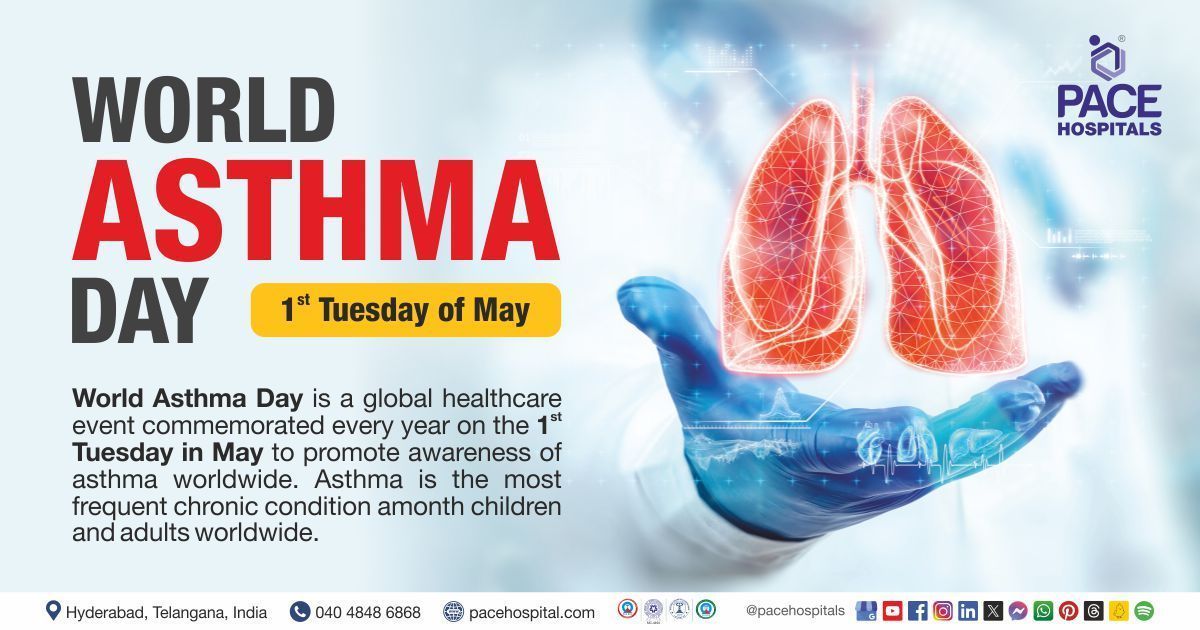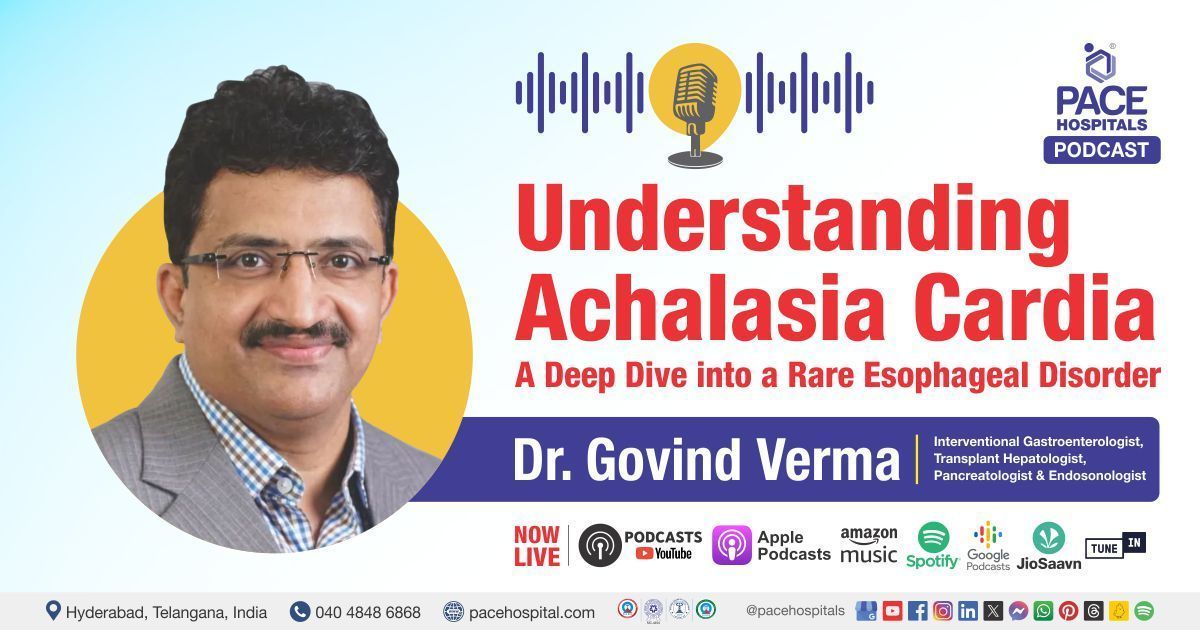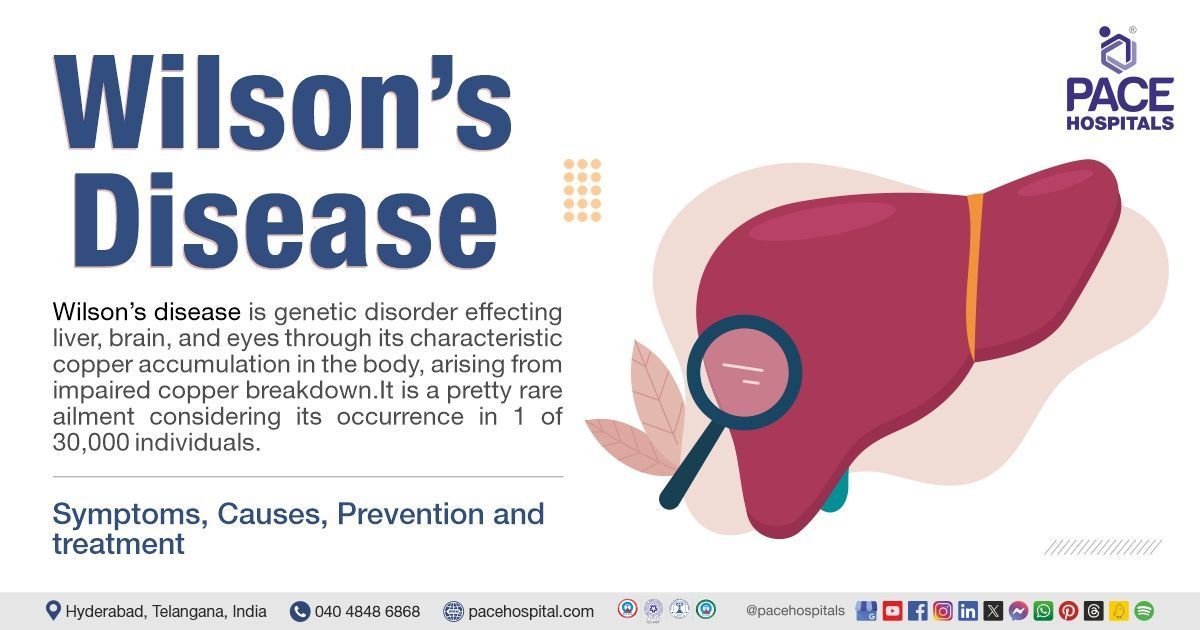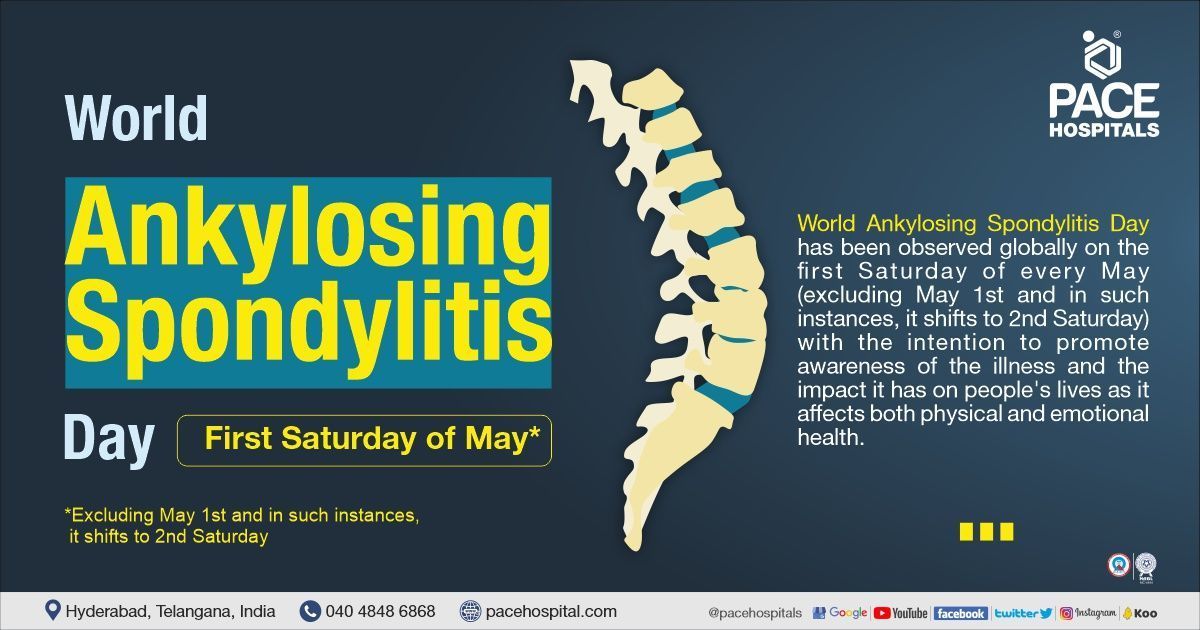Chronic Obstructive Pulmonary Disease (COPD) - Symptoms, Causes, Diagnosis and Treatment
Chronic obstructive pulmonary disease, commonly referred to as COPD, is a group of progressive lung diseases. The most common are emphysema and chronic bronchitis. Many people with COPD have both of these conditions. Emphysema slowly destroys air sacs in your lungs, which interferes with outward air flow.
Causes of COPD
- Smoking is the main cause. But it is also seen that some persons smoke for years and never get COPD
- Non smoking can also suffer from COPD but it is rare. It is caused to those who get alpha-1 antitrypsin protein and can develop into emphysema
- Passive smoking
- People suffering from asthma and smoke are at highest risk of COPD
- In the workplace, exposure to certain gases or fumes.
- Industrialization
- Exposure to pollution whether indoor or outdoor
- Without proper ventilation, frequent use of cooking fire
- COPD develops gradually over the years in a person. So mostly symptoms may appear at the age of 35 to 40.
Symptoms of COPD
The common symptoms of COPD are as follows:-
- Chronic and progressive dypnea that is breathlessness
- Cough
- Excessive production of sputum
- Wheezing or chest tightness
- Fatigue
- Weight loss
- Depression
- Anxiety
In more sever cases:
- A blue tint of the lips or fingernail beds
- Shortness of breath while at rest
- Leak of mental alertness
- Rapid heartbeat and cardiac complications
- Respiratory failure
Diagnosis
COPD is commonly misdiagnosed many people who have COPD may not be diagnosed until the disease is advanced. To diagnose COPD, we review your (patient) symptoms and signs, discuss your family and medical history and discuss any exposure you have had to lung irritants - especially cigarette smoke.
Test include:
- LUNG (PULMONARY) FUNCTION TEST: The most common test, called - Spirometry. Other tests include measurement of lung volumes and diffusion capacity six minute walk test and pulse oximetry.
- CHEST X-RAY: A chest X-Ray can show emphysema. Chest X-Ray also can rule out other lung problems or heart failure.
- CT SCAN: A CT Scan of your lungs can help detect emphysema and help to determine if you might benefit from surgery for COPD.
Treatment
Many people with COPD have mild follows of the disease for which little therapy is needed other than smoking cessation. Even for more advanced stages of disease, effective therapy is available that can control symptoms, slow progression, reduce your risk of complications, exacerbations and improve your ability to lead and achieve life.
- Quitting smoking
Medications
- Bronchodilators:
- To release cough and breathlessness
- These are available in inhalational route. Inhalational route is the best route for the treatment.
- These are beta agonists
- Antibiotics: Respiratory infections such as acute bronchitis, pneumonia and influenza can aggravate COPD symptoms. Antibiotics help treat episodes of worsening COPD but they are not generally recommended for prevention.
- Oxygen Therapy: If required NIV or mechanical ventilator for severe COPD cases
- Pulmonary Rehabilitation Program.
- Surgery: It is option for some people with same forms of severe emphysema who are not helped sufficiently by medications alone. These are lung volume reduction surgery, lung transplantation, Bullectomy.
Prevention
- Avoid things that can irritate your lungs such as smoke, dust, pollution and air that is cold and dry.
- Pulmonary Rehabilitation includes.
- Physical exercise training tailored to your needs and ability - such as walking, cycling and strength exercises.
- Education about your (parent) condition for you and your family.
- Dietary advice - Vitamin-C, rice food, high protein diet.
- Psychological and emotional support.
- Get vaccinated: COPD can put a significant strain on your body and meals your are more vulnerable to infections. Everyone with COPD is encouraged to have the annual few vaccination and the pneumococcal vaccination every 5 years.
- Regular reviews and monitoring: You will have regular contact with your care team to monitor your condition. These appointment may invoice -
- Talks about your symptoms - such as whether they are offering your normal activities or are getting worse.
- Talking about your medicine - Including whether you think you might be experiences any side effects.
- Testing to monitor
FLYING WITH COPD
- If you have COPD and are planning to fly, go to your pulmonologist for a fitness to fly assessment. This involves checking your breathing using spirometry and measuring your oxygen levels.
- Before travelling, remember to pack all your medicines such as inhales in your hand luggage.
- If your using oxygen therapy tell your travel operator and airline before you book your holiday, as you may need to get a medical form from your Pulmonologist / GP.
- If your using long term oxygen therapy, you will need to make sure you have all adequate oxygen supply for your flight as well as for your time away.
- Airlines generally do not allow you to bring oxygen cylinders with you but may permit portable oxygen concentrator devices.
Request an appointment
Fill in the appointment form or call us instantly to book a confirmed appointment with our super specialist at 04048486868
Appointment request - health articles
Thank you for contacting us. We will get back to you as soon as possible. Kindly save these contact details in your contacts to receive calls and messages:-
Appointment Desk: 04048486868
Whatsapp: 8977889778
Regards,
Pace Hospitals
Hitech City and Madinaguda
Hyderabad, Telangana, India.
Oops, there was an error sending your message. Please try again later. We will get back to you as soon as possible. Kindly save these contact details in your contacts to receive calls and messages:-
Appointment Desk: 04048486868
Whatsapp: 8977889778
Regards,
Pace Hospitals
Hitech City and Madinaguda
Hyderabad, Telangana, India.
Our Locations
Subscribe to our newsletter and stay updated with the latest health information.
By clicking on subscribe now, you accept to receive communications from PACE Hospitals on email, SMS and Whatsapp.
Subscribe to PACE Hospitals News
Thank you for subscribing. Stay updated with the latest health information.
Oops, there was an error. Please try again submitting your details.
-

Payment in advance for treatment (Pay in Indian Rupees)
For Bank Transfer:-
Bank Name: HDFC
Company Name: Pace Hospitals
A/c No.50200028705218
IFSC Code: HDFC0000545
Bank Name: STATE BANK OF INDIA
Company Name: Pace Hospitals
A/c No.62206858997
IFSC Code: SBIN0020299
Scan QR Code by Any Payment App (GPay, Paytm, Phonepe, BHIM, Bank Apps, Amazon, Airtel, Truecaller, Idea, Whatsapp etc)
Call us at 04048486868
ADDRESS
PACE Hospitals
Hitech City : Beside Avasa Hotel, Pillar No. 18, Hyderabad - 500081
Madinaguda: Mythri Nagar, Beside South India Shopping, Madinaguda, Hyderabad - 500050
QUICK LINKS
Disclaimer
General information on healthcare issues is made available by PACE Hospitals through this website (www.pacehospital.com), as well as its other websites and branded social media pages. The text, videos, illustrations, photographs, quoted information, and other materials found on these websites (here by collectively referred to as "Content") are offered for informational purposes only and is neither exhaustive nor complete. Prior to forming a decision in regard to your health, consult your doctor or any another healthcare professional. PACE Hospitals does not have an obligation to update or modify the "Content" or to explain or resolve any inconsistencies therein.
The "Content" from the website of PACE Hospitals or from its branded social media pages might include any adult explicit "Content" which is deemed exclusively medical or health-related and not otherwise. Publishing material or making references to specific sources, such as to any particular therapies, goods, drugs, practises, doctors, nurses, other healthcare professionals, diagnoses or procedures is done purely for informational purposes and does not reflect any endorsement by PACE Hospitals as such.
